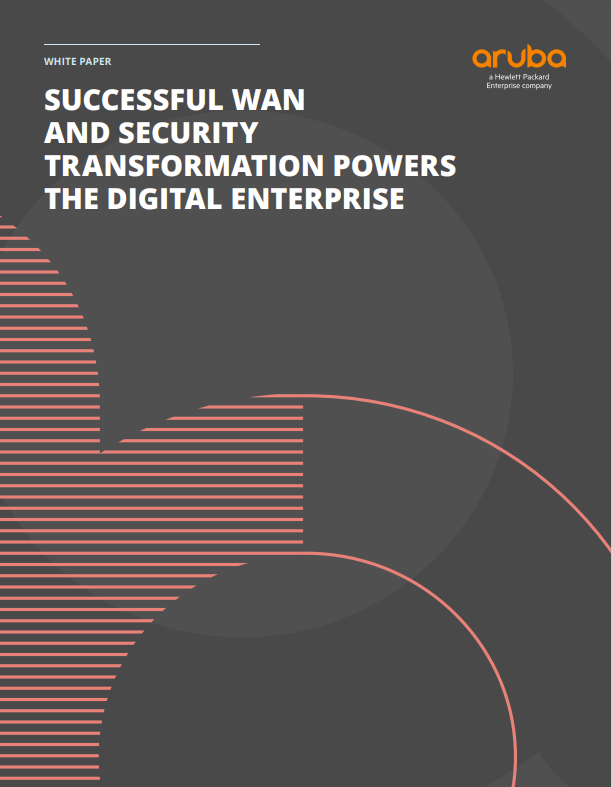Breaking end-to-end encryption would do more harm than good, warn IT professionals
Two-thirds of IT specialists said restricting the use of this technology would have a negative impact on protecting society


IT experts have warned against limiting end-to-end encryption, underlining it wouldn’t make the world safer and is likely to do more harm than good.
78% of industry professionals don’t believe restricting the use of encryption in messaging would protect users, according to a survey of 1,062 respondents carried out by BCS.
66% of specialists also said restricting end-to-end encryption would have a negative impact on protecting society at large.
The poll was carried out following the UK government-backed No Place to Hide campaign, warning against the further rollout of end-to-end encryption.
“We are not opposed to end-to-encryption in principle and fully support the importance of strong user privacy,” the campaign said. “Instead, our campaign is calling for social media companies to work with us to find a solution that protects privacy, without putting children at even greater risk.”
BCS said that encrypted messaging has since become increasingly important to the people of Ukraine, with a large rise in usage being reported, including by journalists.
70% of IT professionals were not confident it is possible to have secure encryption as well as the ability to check encrypted messages for criminal material.
Get the ITPro daily newsletter
Sign up today and you will receive a free copy of our Future Focus 2025 report - the leading guidance on AI, cybersecurity and other IT challenges as per 700+ senior executives
RELATED RESOURCE

Successful WAN and security transformation powers the digital enterprise
Applications are delivered in the cloud - security should be too
FREE DOWNLOAD
Many industry experts said they were worried about the possibility of increased surveillance from government, police, and technology companies, added the BCS. Other concerns revolved around the protection of, for example, financial data from hackers if encryption was undermined.
There were also concerns that wider sharing of ‘secret keys’ or centralised management of encryption processes would also significantly increase the risk of compromising the confidentiality they are meant to preserve.
“Now is not the time to weaken technology that is so fundamentally important to our security,” said Bill Mitchellm director of policy at BCS. “There should be more exploration of the alternatives before we go down the road of rolling back E2EE, especially in this time of war, when secure messaging is a vital tool for truth telling across the world.”
“It’s odd that so much focus has been on a magical backdoor when other investigative tools aren’t being talked about,” he added. “Alternatives should be looked at before limiting the basic security that underpins everyone’s privacy and global free speech.”
This isn’t the first time the government has faced criticism over its encryption campaign, as in January the Information Commissioner’s Office argued that the technology strengthens online safety. It said that end-to-end encryption helped keep children safe online by not allowing criminals or abusers to send them harmful content or access their pictures or location.
Zach Marzouk is a former ITPro, CloudPro, and ChannelPro staff writer, covering topics like security, privacy, worker rights, and startups, primarily in the Asia Pacific and the US regions. Zach joined ITPro in 2017 where he was introduced to the world of B2B technology as a junior staff writer, before he returned to Argentina in 2018, working in communications and as a copywriter. In 2021, he made his way back to ITPro as a staff writer during the pandemic, before joining the world of freelance in 2022.

